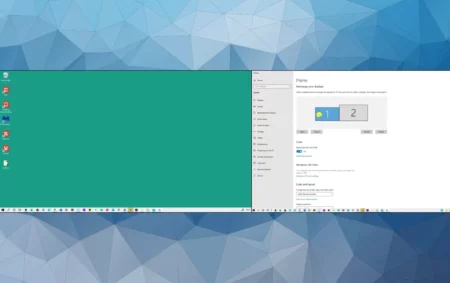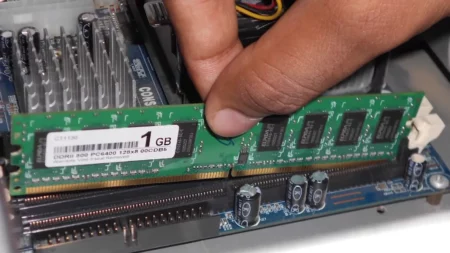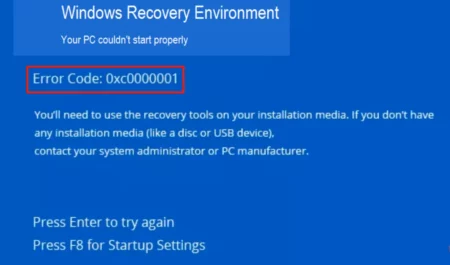Many users are accustomed to constructing PCs to improve gaming speed and enjoyment. The Frame Per Second is arguably the most important element they consider when doing so (FPS). Your display has no bearing on FPS. It is because FPS measures how many frames per second your computer generates.
Refreshing pictures is the responsibility of your monitor. The update rate has no bearing on the frame rate (FPS). The frame rate may be limited if your monitor has lower refresh rate powers. This article explains does monitor affect fps.
What is FPS?
FPS is the abbreviation for frames per second. It measures how many frames your computer device shows each second. Many individuals believe that a higher FPS is preferable to a lower FPS.
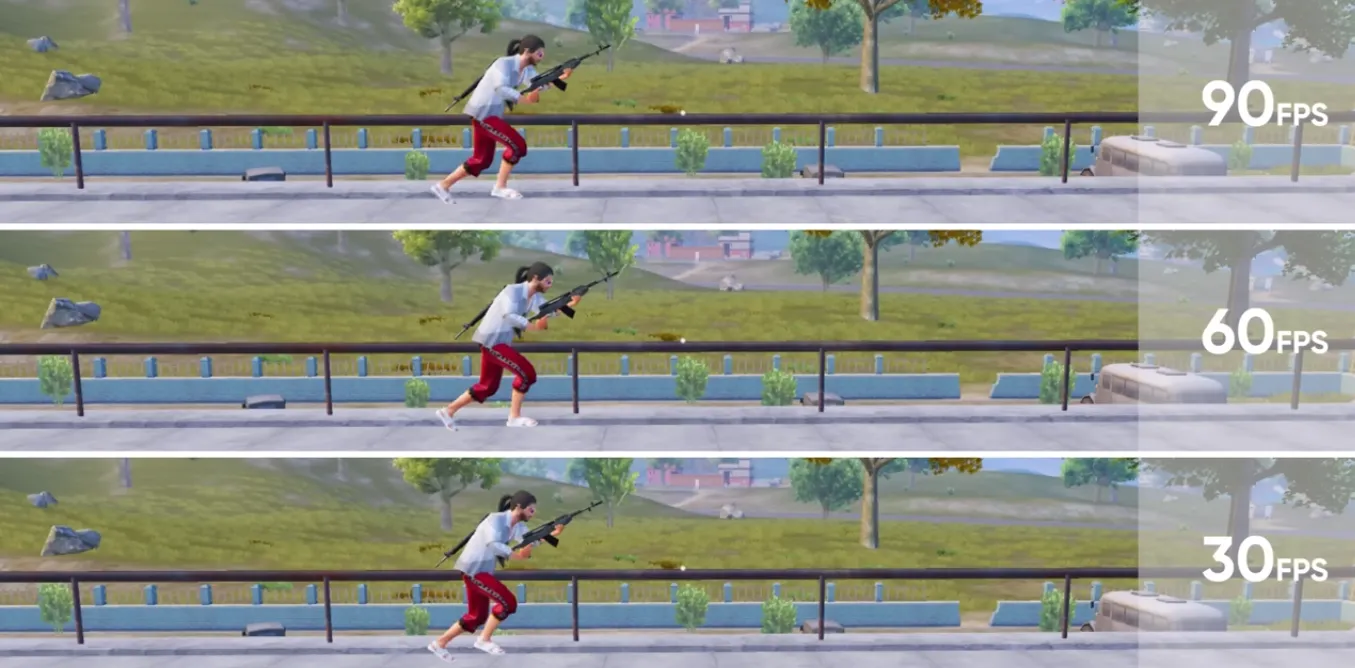
Does Monitor Affect Gaming Performance?
There is a widespread misconception that monitoring does not affect FPS. If you also upgrade your monitor, upgrading your computer will only do a little to enhance your gaming experience.
The gaming monitor and the overall gameplay experience can impact the performance of both the player and the game. Seek out a monitor with a high refresh rate, which describes how frequently the monitor updates itself with fresh visual data each second.
Related Article: How Long Does A Computer Monitor Last?
Does A Monitor Affect Performance?
The higher the monitor’s refresh rate, the more frames per second (FPS) your CPU and GPU will need to deliver, and the more benefit you’ll get from higher performance options. As a result, the CPU and GPU subject to varying needs depending on the game.
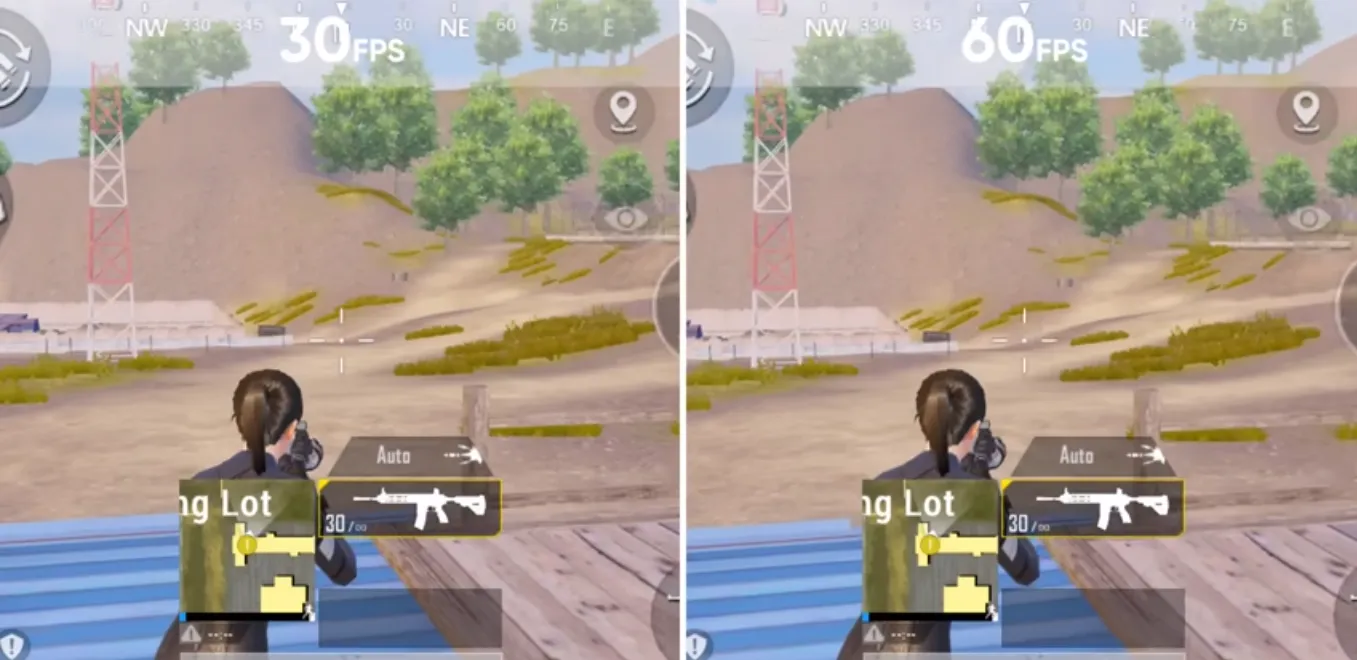
Does Monitor Matter for Gaming?
Yes! You can play games, but the experience will be different. They make to be performance-optimized for video games on PCs and consoles. These days, it’s simple to locate a good gaming monitor with image fidelity on par with top-tier TVs.
High dynamic range, or HDR, which enables better colors, more brightness, and increased detail in every game, is a significant contributing element to this. Ensure the gaming monitor you select has Official Display Certification and enables HDR. High luminosity is crucial. At least 400 nits of peak brightness on a monitor recommend, but 600 nits or more is optimal because that is the sweet spot for HDR content.
Does Monitor Affect Frame Rate?
It is common knowledge that monitors don’t influence frame rates. The monitor’s refresh rate, for example, can limit the FPS. There are various qualities and skills among monitors. This results in various refresh speeds. Handling enormous frame rates may not be possible on a monitor with lower refresh rate capabilities.
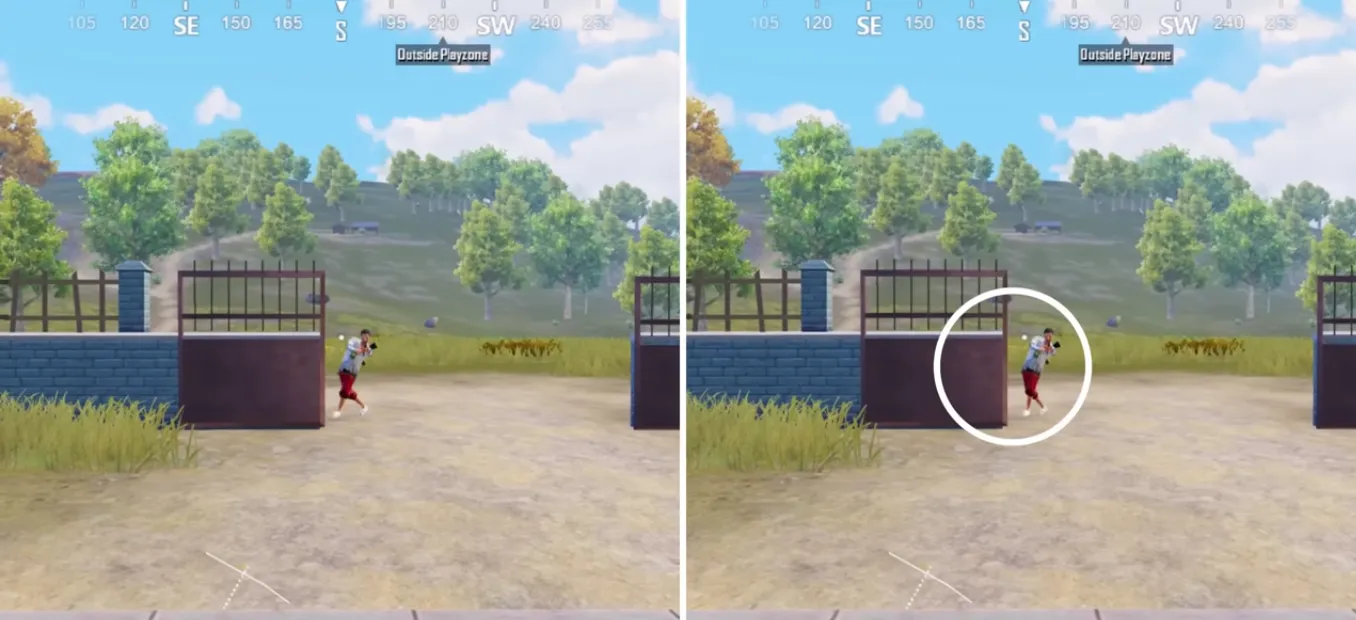
For this reason, before purchasing a monitor, I recommend you get some information on its refresh rate capabilities. Even with an upgraded and more potent CPU configuration, your screen display may still have a low FPS rate.
For illustration, assume you are using a monitor with a 60 Hz refresh rate despite having a powerful CPU that generates more than 60 FPS to show on the screen. This frame rate will overwhelm your display, which you won’t be able to keep up. Even with an upgraded CPU, you will have a lower-quality resolution than expected.
The computer’s refresh rate, display, and frame rate count are closely related. A monitor with a high refresh rate, such as 240 Hz, will have a larger display and more frames per second than those with lesser refresh rates. A monitor with a high refresh rate supporting a high frame rate will also have better picture quality.
Does Monitor Size Affect FPS?
No! The resolution of your monitor is the primary determinant of frame rate, so if you have a 31-inch and 21-inch display with the same resolution, the fps would be the same. The number of pixels in a single frame depends on your screen size. Additionally, altering the monitor’s size does not affect the pixel count. FPS drops as resolution increases because your computer must process more pixels per frame. However, if your GPU needs to be more powerful, the screen resolution will only impact the total frame rate. The resolution can rise without impacting FPS & without a performance bottleneck.
